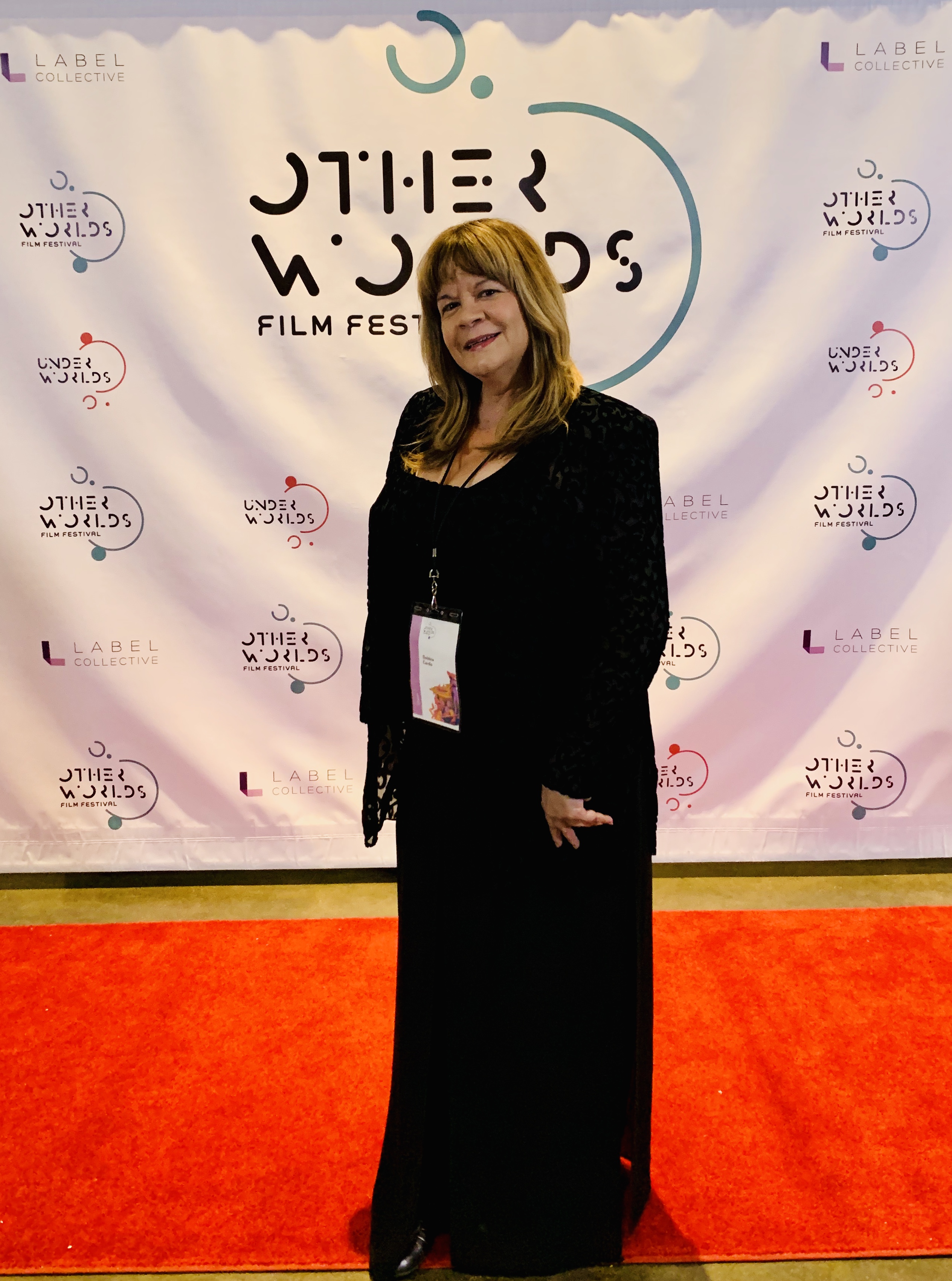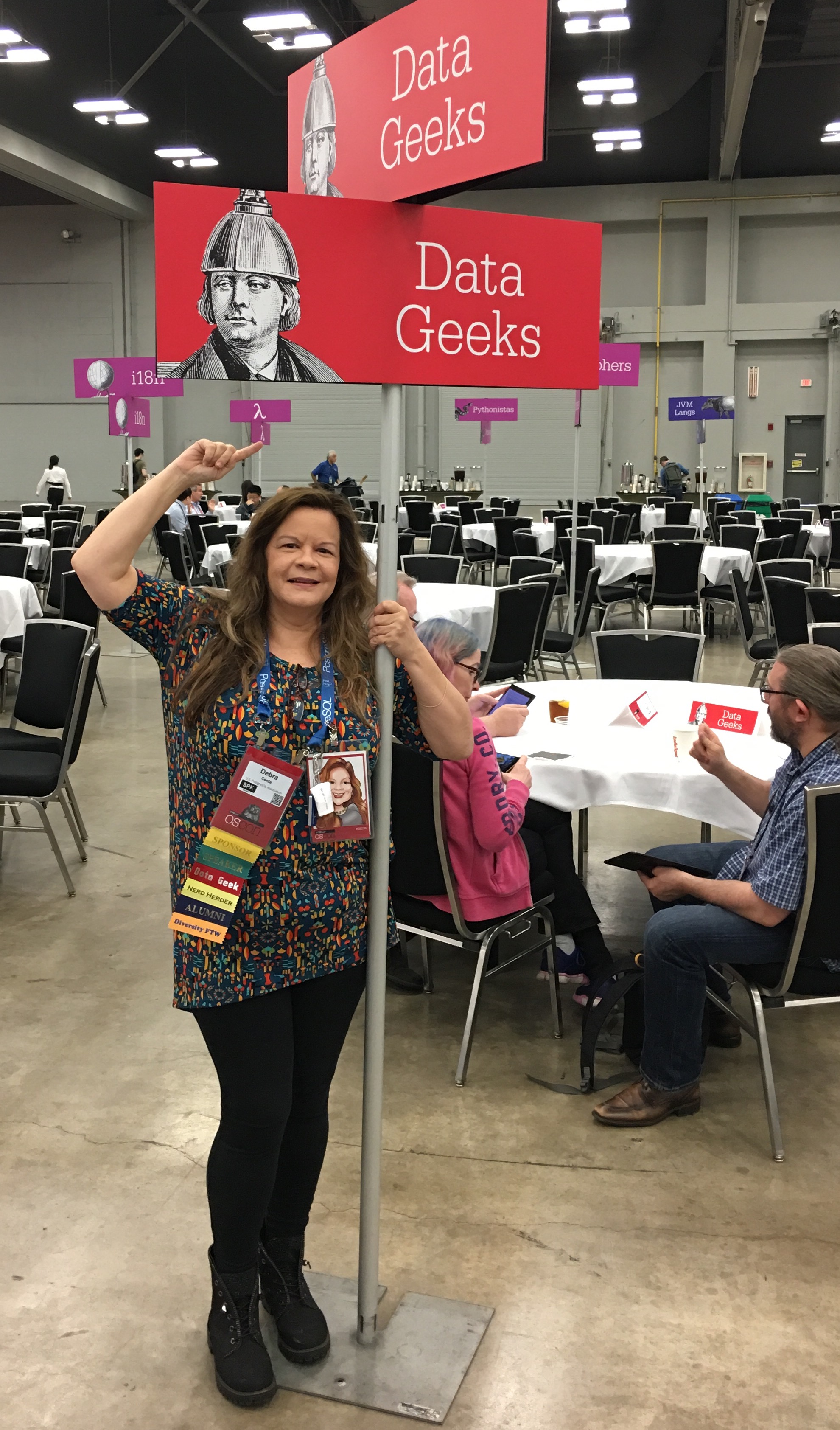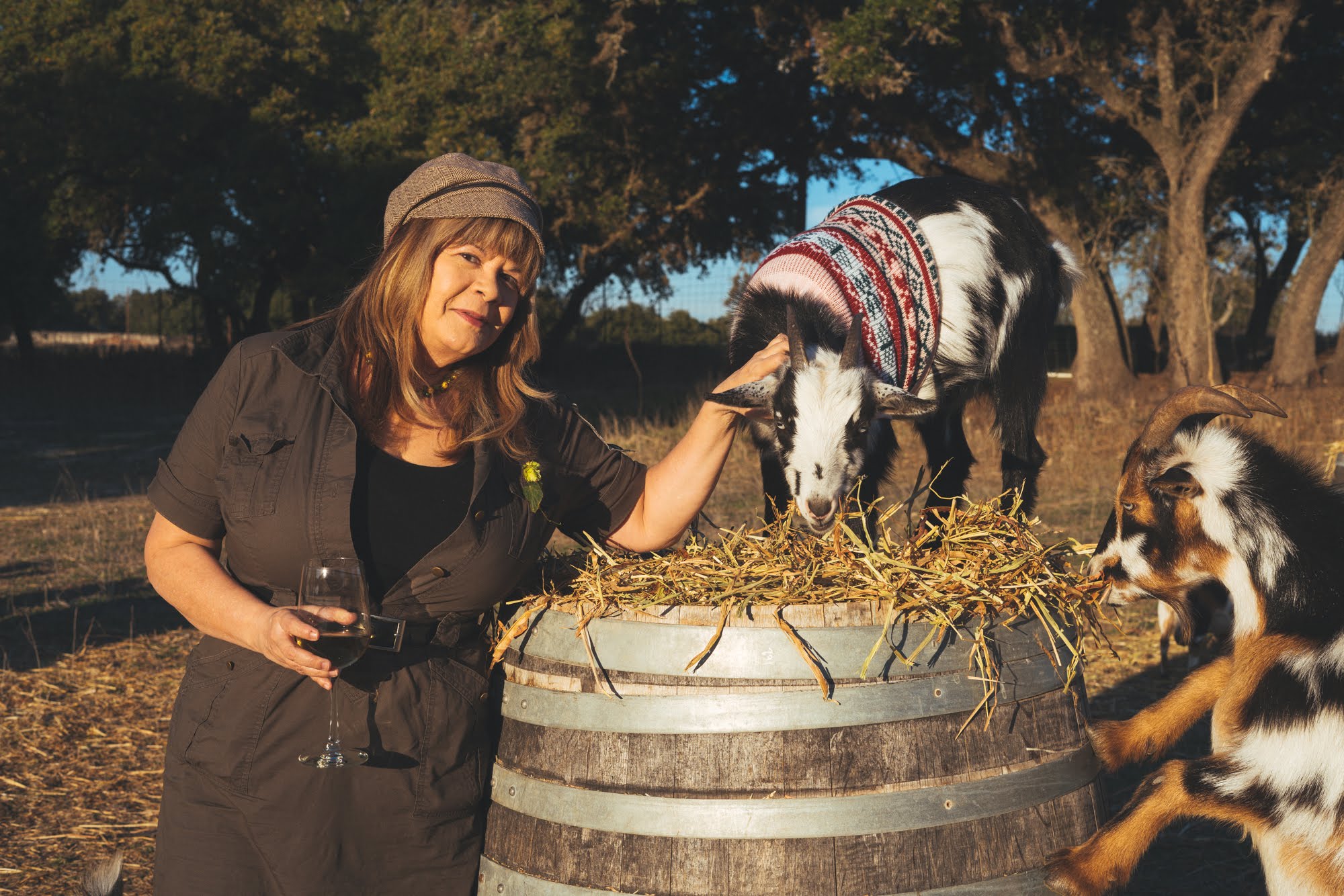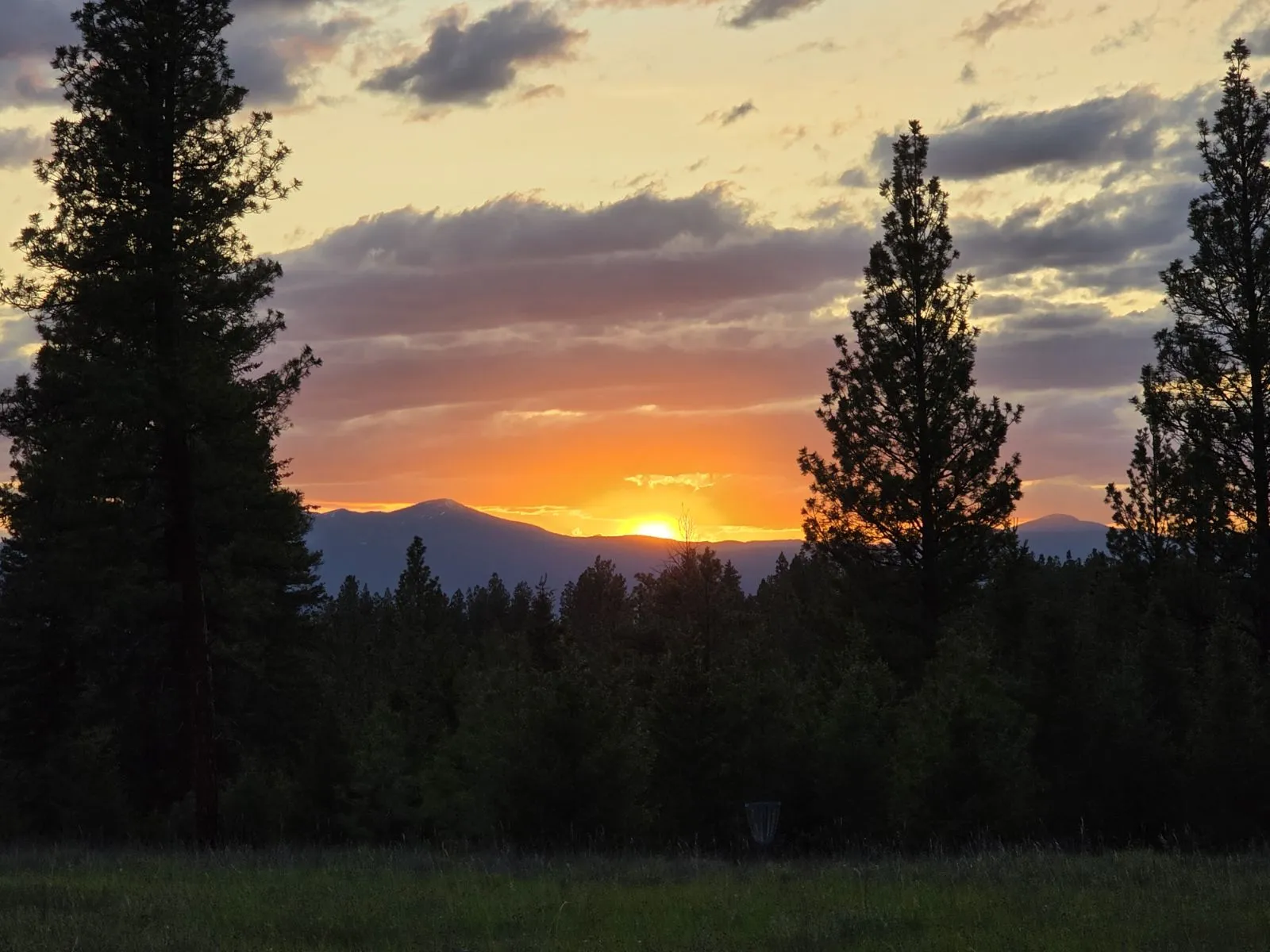Welcome to our blog series: Meet the Team, where we will introduce you to the minds behind Command Prompt. This month we are talking with Debra Cerda, Director of Business Development.

Where are you based?
I’m based in Austin, Texas, and I’ve been here since 1993. I’m a native Texan, born and raised in Houston, but I visited Austin in ‘93 and fell in love with it. “Keep Austin Weird” is a throwback to the ‘60s and ‘70’s of Austin, the very hippie culture - I’ll definitely say that’s something that appealed to me when I first visited. It’s very laid back and eclectic.
How long have you been with Command Prompt?
I joined Command Prompt in May of 2017 as Director of Business Development, so it’s three years this month. I actually knew our company Founder, Joshua Drake, and our Operations Manager, Amanda Nystrom, through volunteering at Postgres events. Most notable was as a room monitor and registration volunteer at the Postgres Conference in 2016 in NY when I was working for another Postgres company.
What’s your background and expertise?
My background is quite varied. I would say that I have a bit of a portfolio career that spans across a few industries, but what I bring to the table is 20+ years as a professional in the water industry, which helped pave the way for me to work within the Postgres community and subsequently volunteer with the PG Central Foundation.
Water is data, whether it's technical specifications on ground water wells that have been drilled over the last century, risk analysis of drinking water contaminants, or trend analysis of contaminant pollutants -- how that data is processed into useful information is critical.
I'm really fortunate that I had awesome professors and mentors throughout college. I credit them with teaching me the ethics and caveats of data collection and interpretation, which helped significantly when I was a drinking water quality specialist for the state of Texas. They taught me to really make sure that decisions were being made on a valid data set, that the data interpretation was very stringent, and that my documentation and findings were reviewed thoroughly by peers and experts.
I was essentially a data manager and a database administrator when I worked for the state because I would create my own databases to run particular analyses relative to drinking water contaminants.
What’s your favorite project of all time?
This is a tough one - I think that my favorite project was being part of the Accessibility Work Group for the state agency that I worked for. The purpose of the workgroup was to determine and advise action plan strategies to ensure compliance with the accessibility requirements of the state and the federal government. It was important because we ensured that everyone had equal access to information: building accessible websites and accessible content benefits everyone.
A cored philosophy of accessibility is that accessible design is universal design. For example, closed captioning was created for people who are hard of hearing, but how many of us use it routinely, whether it's watching a foreign film that’s subtitled, or being at the gym and watching the newscast through the subtitles instead of sound.
Achieving our goals for accessibility was challenging at times, though, because we were trying to shift a culture which included older staff members who were not familiar or comfortable with newer software programs.
What’s your greatest motivator?
My greatest motivator is that I like to solve problems. I enjoy talking to people to understand their challenges and pain points so that I can help them find the right solution. This has been true when I was a drinking water specialist, helping a water operator to solve a problem with a contaminant, and now that I’m working in Postgres, I help folks get on the right track by identifying their needs and determining what options are the best fit for them.
If you could recommend one learning resource, what would it be?
One learning resource that I’d recommend is Postgres Conference because conferences provide an immersive experience with so much to takeaway.
I was working on an evaluation for a client recently and I recalled relevant information that I’d learned two years earlier at a conference session. I have a photographic memory, and I distinctly remember being in the room and the speaker made a specific statement about lessons learned in their cloud migration, and I was able to utilize that. I wouldn’t have necessarily gotten the same takeaway had I not been in that room.
As someone who has successfully worked from home for years, what tips do you have for those now working from home for the first time?
The top tip I have for working from home is to set a routine and boundaries, both for work and home. It’s easy to say “well here’s what my work day is going to be,” but your home routine is also important. Sometimes I find myself waking up and going straight to my computer, but then I’ve skipped the morning routine of shower/coffee/breakfast! Suddenly it’s 1pm and I’m famished, so it’s important to set a routine and boundaries.
It’s more challenging now for people who are working from home, perhaps because they have partners/roommates/kids who are also in the house with them. I live with my sister, so I always communicate to her when I’m getting on a client call and she respects that. Just because you work from home doesn’t mean that you’re accessible all day.
What’s the future of open source technology?
I think the future of open source technology is quite bright in that it can only be more embraced, especially considering our current economic crisis. Companies must be more mindful of spending while remaining resilient, and having to budget for licensed, proprietary closed source products doesn’t make great business sense.
Open source is a key driver of innovation. It’s wonderful that Postgres is a product that has a really supportive community worldwide, both in the product and in the community in itself. One challenge of open source is its messaging: Just because it’s open source doesn’t mean that it’s not enterprise ready. Far from it, actually. There are many Fortune 500 companies that are using open source. I think that there are still some folks that believe that Postgres is a “hobbyist” database.

Where can we find you on a Saturday afternoon?
Pre COVID19, you could find me out at Jester King Brewery, leading public tours of the brewery and the farm. Maybe relaxing with the Nigerian dwarf goats who live on the property - I’m missing those furry little beasts right now. I’ll also often be at a local nonprofit volunteer day, for trail and park maintenance or at Urban Roots sustainable farm as a coordinator for our Jester King Volunteer Corps.
Would you rather battle one horse-sized duck or 100 duck-sized horses?
Is this solo or can I have a squad? Because if I can have a squad, then I’d prefer a third option where you have one big boss duck and then all his little minion horses. I’d take the smaller ones out first and then go for the big guy. I like to use ranged attacks, so I’d be sitting back doing damage from afar, with a bow and arrow or something. But then again, if I could have a few folks from the Walking Dead, then I think we got it. I’d like to bring my Walking Dead posse with me. I’ll let them handle the big duck because I do not like to deal in fowl play.
What’s your desert island food?
My first thought was watermelon because I can eat so much of that, but the other thing is that it’s hydration. I could have said something like eggs because I love eggs and can eat them fried every day, but if you’re on a desert island, it’s going to be a lot easier to open and eat a watermelon to stay hydrated than it is to cook an egg.
What’s your best hidden talent?
My hidden talent is being able to think “oh gosh there’s nothing to eat in the house,” but then pick out items from the pantry and be able to combine them to make a really great dish. For instance, if I see capers in the pantry, and then think, oh there’s a lemon, oh we have olive oil and butter, then I’ll end up with lemon pepper chicken piccata.
Other than Postgres, what topic are you an expert on?
I’m an expert on water: I’ve been involved in water since 1998, and I maintain my surface water license because once you lose it, it’s really hard to get back.
What subject should be taught in schools but isn’t?
I have two answers for this: The first is environmental literacy and food sustainability, so the understanding of where our food comes from and what our impacts are on the environment.
The second course that should be taught is critical and analytical thinking. While I’ve spent my entire life puzzling over how things operate and are put together, which included taking a butterknife to an electrical outlet cover as a child, I believe that a course that I took at UT on Pseudoscience is where I truly honed my critical and analytical thinking skills. It was a wonderful course by a physics professor that was essentially about questioning things. Critical and analytical thinking is paramount.
When you were a child, what did you want to be when you grew up?
I wanted to be an archeologist when I grew up. I was fascinated by the stories of the tomb of King Tutankhamun. I would - mind you this was when I was easily under ten years old - bury pieces of wood and come back to dig them up a few weeks later to see if they had petrified. I didn’t realize that that took more than a few weeks. I also dug a hole in the backyard to see if I could strike oil like Jed Clampett, and in my defense, not only were we in Texas, but there were oil fields and salt mines from about two miles from where I grew up. It wouldn’t have been implausible - I just wasn’t going to find it 2 feet down, it would have been more like 7,000 feet down into the ground. It’s only recently that my dad understood why he always found holes in the backwater - I was digging for ruins and fossils and oil.

